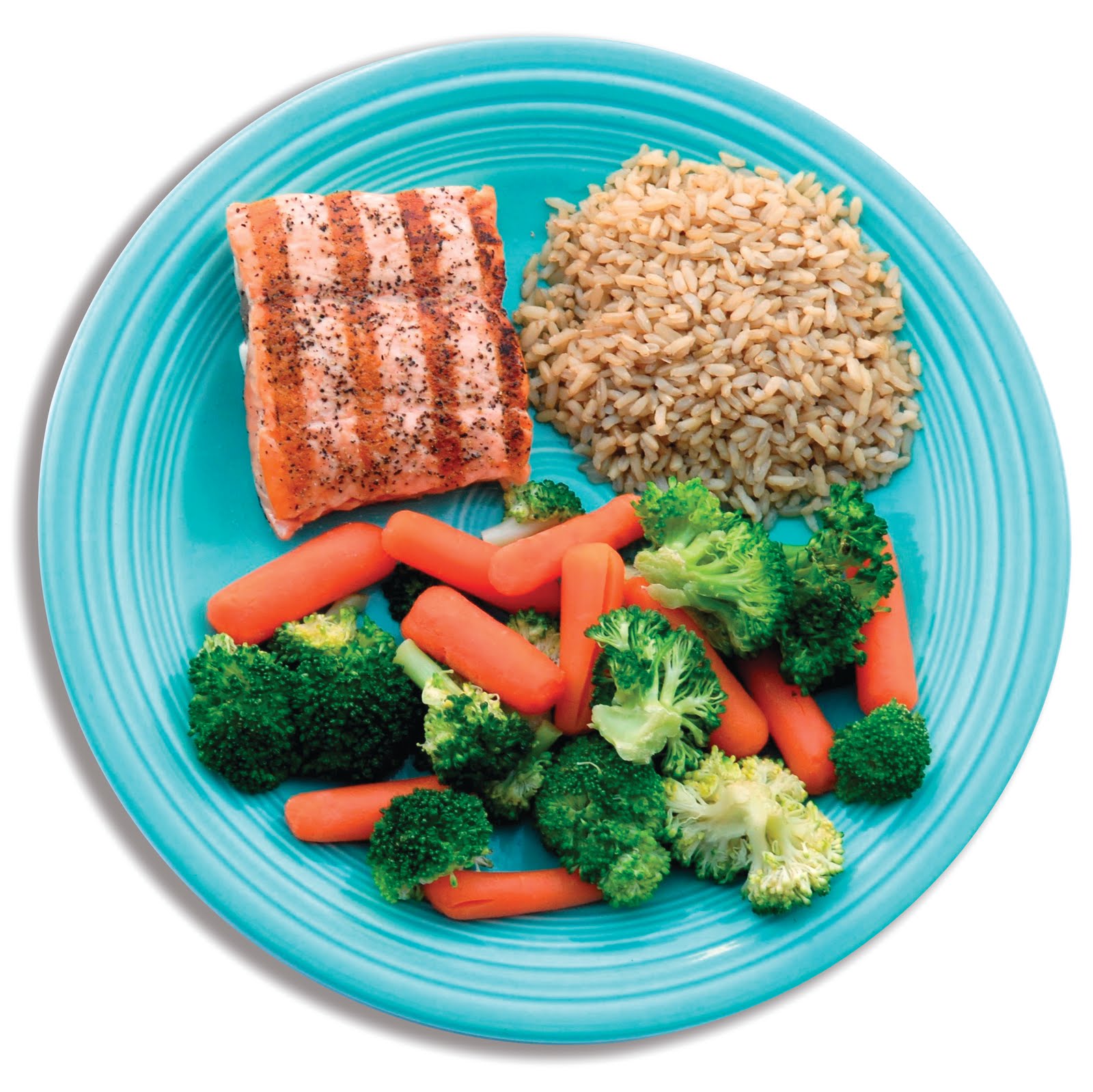National Nutrition Month
Posted by Natalee Wheeler on March 3, 2020
March is National Nutrition Month. If you have ever wondered what proper nutrition even means, then you’re in the right place.
What does nutrition mean?
There are plenty of medical and technical definitions out there to explain nutrition. One definition from the World Health Organization describes nutrition as, “the intake of food, considered in relation to the body’s dietary needs…. It is a cornerstone of good health…”
But what really is nutrition? Nutrition is specific to each individual’s unique body and mind. Nutrition should be a flexible way of eating and nourishing your body. It can’t really be generalized to everyone and it important to pay attention to your own body’s cues about satiety, hunger, and normal eating patterns. That being said, there are some tips to help you figure out where to start when it comes to your nutrition goals.
It is important to eat a well-rounded diet full of colors and a variety of foods:
Eating a variety of diverse foods ensures that you will get nutrients form many different sources of food and helps to maintain a healthy and interesting diet.
Look into mindful eating:
Mindful eating uses meditation to help your body and mind recognize physical cues when eating and to be fully aware of your experience and cravings. It is an intentional approach meant to help people reconnect with food and meal traditions. Someone who eats mindfully, “Acknowledges that there is no right or wrong way to eat but varying degrees of awareness surrounding the experience of food.” https://www.mindful.org/what-is-mindful-eating/
It is okay to have an off day:
People aren’t perfect! That is the beautiful part of being a human. There will be days when you have been distracted by your phone, forget to listen to hunger cues, or eat because you’re bored. That is completely normal! Don’t beat yourself up over it, just get ready to be mindful and intuitive for your next meal.
What works well for someone else may not work for you at all:
Nutrition is different for everyone. Someone’s vegan diet maybe awesome for them, but be inadequate for you. You should talk with a nutritionist to discuss your nutrition goals and how to meet your specific body needs.
Beware of nutrition myths:
What people think a balanced plate has to look like:

What a balanced plate actually may look like:


Other nutrition myths:
Myth: Carbs and grains are going to make me fat.
Fact: Carbs are a necessary part of our diet. They are essential for providing the energy that our body needs for daily activities. Carbs like fruits, vegetables, and wholegrain foods are good sources of fiber, which promotes good digestive health.
Myth: I ate a big lunch so I should skip dinner.
Fact: Our bodies need fuel regularly, even if we overeat at one meal. Getting in touch with your body and knowing how hungry or satisfied you are will help you know when you should eat next and how much.
Myth: You will lose weight if you only eat between 8 am and 2 pm. You’ll be hungry but that is good.
Fact: Restricting your food intake and times you eat is not sustainable and won’t make you feel satisfied or happy. You need energy to fuel your body. A diet that only fuels you for six hours will not meet your needs for optimal energy.
Myth: My BMI puts me at “overweight” so I can’t be healthy
Fact: Body Mass Index (BMI) is not an accurate predictor of health outcomes because it doesn’t tell you anything about your body composition (muscle and fat) or your lifestyle. It doesn’t take into consideration all of your morning walks or skiing. Consider what makes you feel well and healthy and then make your health decisions based on that.
Myth: I can eat whatever I want because I will exercise it off later
Fact: Eating a balanced diet full of many colors and food groups will provide you with the vitamins, minerals, and nutrients that you need. Even if you are regularly exercising, this can’t make up for the fuel your body needs daily that can only come from food.
Myth: I should eat my meals at the same time every day
Fact: Are you eating because you are hungry or just because you normally eat at this time? It is okay to eat even if you aren’t hungry. Keep in mind that regularly skipping meals can hinder your body’s innate ability to communicate hunger and satiety (fullness) cues.
Resources at MSU:
The Office of Health Advancement:
Services: Nutritional counseling is available at the Office of Health Advancement free of charge for MSU students.
Location: 1102/1106 S. 6th Ave., Bozeman, MT
Telephone: (406) 994-4380
Bounty of the Bridgers

Nutritional clubs at MSU!
Thrive on Plants, Exercise Science Club, Friends of Local Foods, and Montana Student Dietetic Association.
Want to learn more? Here are some helpful websites!
The Center for Mindful Eating: https://www.thecenterformindfuleating.org/
Nutrition.gov: http://www.nutrition.gov
Summer Tomato: https://summertomato.com/
Everyday Mindful Eating: http://www.everydaymindfuleating.com/
